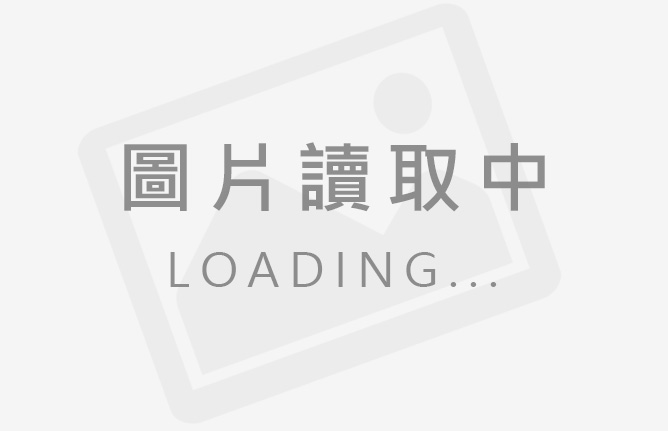
Good Distribution Practice Regulations– Western Pharmaceuticals
TFDA has announced a draft for drug categories, matters, methods, and timelines in May 2023 base on the implementation of the Western Pharmaceuticals Good Distribution Practice (GDP).
What is Good Distribution Practice?
With the globalization of drug production, drugs may be shipped to distributors or medical institutions via different transportation ways such as sea, land, and air transportation after the production in the manufactory. Therefore, more factors need to be considered in order to maintain the quality of drug and the integrity of packaging during warehousing and transportation.
Who needs to meet Drug Good Distribution Practices and registration timeline?
Business undertakings engaged in wholesaling, importing and exporting pharmaceuticals, and packaging execution operators have to meet the requirements of Drug Good Distribution Practices.
Registration timeline:
| Before 2023.12.31 |
Before 2024.12.31 | Before 2025.12.31 | Before 2026.12.31 |
| 1.Pharmaceutical dealer authorized import and export preparation manufacturer | 1.Manufacturing the drugs which are not classified into blood preparations, vaccines or botulinum toxin. | 1.Manufacturing the drugs which be classified into prescriptions by physicians. | Pharmaceutical preparations manufactures of wholesaling, retailing, importing and exporting western pharmaceuticals |
| 2.Manufacturing the drugs which are non-cold storage and transportation of blood preparation, vaccines or botulinum toxin. | 2.Manufacturing the drugs which are psychotropic drugs in controlled drugs types. | 2.Wholesaling the pharmaceutical to more than 10 manufactures between 2024.10.01~ 2024.12.31 | |
| 3.Manufacturing the drugs which be announced as essential drugs. |
Main principles of Good Distribution Practices
In order to ensure the safety of final users, the focus of GDP are counterfeit drugs prevention, drug recycling, and drug transportation. The main principles are as following:
- It is necessary to ensure that the drugs are not damaged, adulterated, stolen, and are maintained in acceptable temperature conditions during the entire supply process so that the quality of the drug product is maintained throughout its life cycle.
- In any transportation route, manufacturers should demonstrate that the drugs will not be exposed to conditions that may compromise the quality or integrity of the drugs, and the transportation routes are planned according to the principles above.
Based on the above principles, manufacturers should establish standard operating procedures and records for the factory, warehouse, storage equipment, and operators to facilitate traceability and investigations. In addition, it is necessary to establish a system that can effectively handle emergency recalls, so that the government, pharmaceutical manufacturers and distributors can respond promptly, manage the recall process and track the progress of the recall. Moreover, the manufacturers are also required to conduct an annual reliability verification of their recall process.
Generally, warehousing and logistics are not the core business of pharmaceutical manufacturers and healthcare institutions. They often outsource the activities to third-party vendors. With the higher standards set for pharmaceutical logistics, vendors must ensure the quality and integrity of the drugs and collect comprehensive transportation records, all of which are important when assessing whether third party vendors have implemented the requirements for GDP.
If you have the needs to establish SOPs or register for GDP, or are looking to evaluate your partner vendor for GDP compliance, please don’t hesitate to contact TALENT.
Reference:
1.TFDA: https://www.fda.gov.tw/tc/siteListContent.aspx?sid=306&id=20445
2.PIC/S: https://picscheme.org/



